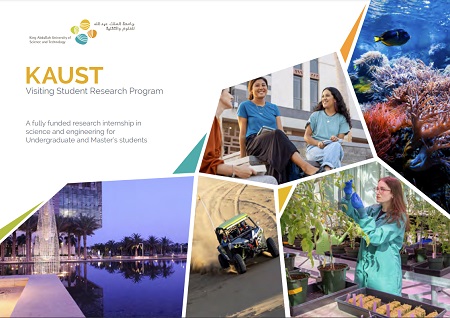Future Fuel for Advanced Combustion Engines
ApplyProject Description
Increasing focus on global warming and CO2 emsisions is pushing the engine technology to new frontiers. The overarching objective is to increase the efficiency of internal combustion engines so as to minimize the CO2 emissions. Advanced engine technologies revolve around compression ignition concepts but diesel is not deemed to be suitable fuel for achieving higher efficiency and low pollutant levels. In this context, we are exploring new fuel formulations which can be produced at a lower cost from the refinery but can provide superior performance in the engine. The project will involve exploring the ignition and emission characteristics of such candidate future fuels.
 Division -
Physical Sciences and Engineering
Division -
Physical Sciences and Engineering
About the
Researcher
Aamir Farooq

Desired Project Deliverables
Perofrm detailed physical/chemical characterization on select refinery stream fuels;Carry out ignition experiments in idealized reactor configurations of shock tube and rapid compression machine;
Perform chemical kinetic modelling to develop surrogates for the fuels;
Analyze the performance of new fuel in engine simulations;
Recommend the optimal fuel formulation suitable for advanced compression ignition engines.


